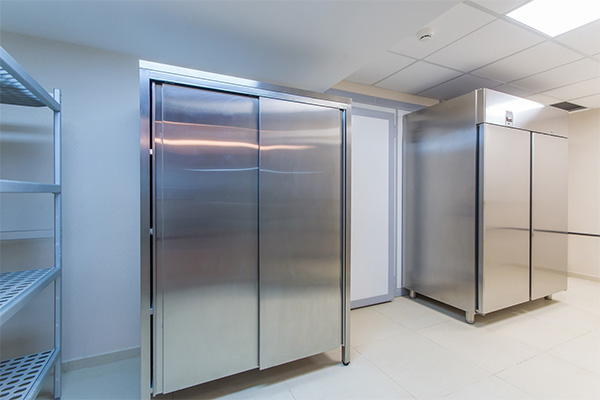
Selecting the right Mental Health Rehabilitation Program is a crucial step in the journey toward recovery for individuals facing mental health challenges. With various options available, it can be overwhelming to determine which program best meets your specific needs and circumstances. By considering key factors and understanding the different types of programs available, you can make an informed decision that supports your mental health journey.
Assess Your Needs and Goals
Before exploring different rehabilitation programs, it’s essential to assess your personal needs and goals. Reflect on your current mental health status, the challenges you face, and what you hope to achieve through rehabilitation. Are you seeking help for a specific mental health disorder, or do you need support for co-occurring issues such as substance use? Identifying your priorities will help you narrow down your options and choose a program that aligns with your objectives.
Consider the Types of Programs Available
Mental health rehabilitation programs come in various formats, each catering to different needs. Here are some common types to consider:
Inpatient Rehabilitation
Inpatient programs provide 24/7 care in a residential setting. This option is suitable for individuals with severe mental health issues that require intensive support and supervision. Inpatient rehabilitation offers a structured environment where patients can focus solely on their recovery, away from external stressors.
Outpatient Rehabilitation
Outpatient programs allow individuals to receive treatment while living at home. These programs vary in intensity and frequency, making them a flexible option for those who have responsibilities or prefer not to stay overnight in a facility. Outpatient rehabilitation can be effective for individuals with milder symptoms or those who have completed inpatient treatment and need continued support.
Partial Hospitalization Programs (PHP)
Partial hospitalization programs offer a middle ground between inpatient and outpatient care. Patients attend treatment during the day but return home in the evenings. PHPs provide intensive therapy and support while allowing individuals to maintain some level of independence.
Evaluate the Program’s Treatment Approach
Different mental health rehabilitation programs may employ various treatment approaches and modalities. It’s important to choose a program that aligns with your personal preferences and needs. Some common therapeutic modalities include:
- Cognitive-Behavioral Therapy (CBT): Focuses on identifying and changing negative thought patterns and behaviors.
- Dialectical Behavior Therapy (DBT): Combines cognitive-behavioral techniques with mindfulness practices, often used for emotion regulation.
- Group Therapy: Encourages peer support and shared experiences, allowing individuals to learn from one another.
- Family Therapy: Involves family members in the treatment process to improve communication and support systems.
Research the program’s treatment methods and ensure they resonate with you. You may also want to inquire about the qualifications and experience of the staff to ensure you’ll receive quality care.
Check Accreditation and Reviews
Before committing to a mental health rehabilitation program, verify its accreditation and reputation. Accredited programs meet specific standards of care and adhere to industry regulations. Additionally, seek out reviews and testimonials from former patients and their families. These insights can provide valuable information about the program’s effectiveness and the overall patient experience.
Consider the Location and Environment
The location of the rehabilitation program can impact your experience. Some individuals may prefer a facility close to home for family support, while others may benefit from a more remote setting that allows for a fresh start. Consider the environment of the program as well. Does it offer a calming, supportive atmosphere? Is it equipped with amenities that contribute to your comfort and well-being?
Assess Financial Considerations
Mental health rehabilitation can be a significant financial investment, so it’s essential to understand the costs associated with each program. Inquire about insurance coverage, payment options, and any additional expenses that may arise during treatment. Many programs offer financial assistance or sliding scale fees, so don’t hesitate to ask about available options.
Trust Your Instincts
Ultimately, choosing the right mental health rehabilitation program is a personal decision. Trust your instincts and feelings about each option you explore. It’s crucial to feel comfortable and supported in your treatment environment. If a particular program doesn’t feel like the right fit, don’t hesitate to explore other options until you find one that resonates with you.
Conclusion
Selecting the right Mental Health Rehabilitation Program is a significant step in your journey toward healing and recovery. By assessing your needs, understanding the available options, evaluating treatment approaches, and considering financial factors, you can make an informed choice that aligns with your goals. Remember that recovery is a personal journey, and finding the right support is essential for achieving lasting well-being. If you or someone you care about is seeking help, take the time to research and explore programs that can pave the way for a healthier future.
Keep an eye for more latest news & updates on My Blog!





